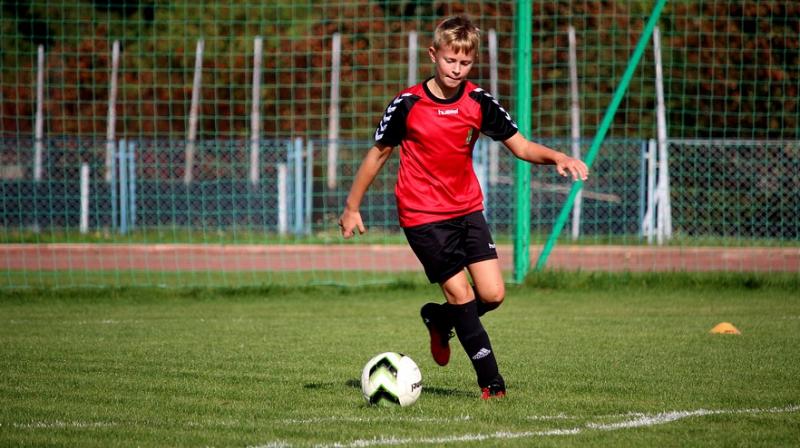Fit children grow up to have better functioning lungs
A new study has revealed that fitness in childhood is linked to healthy lungs in adulthood.

Washington: Turns out, children who are fit during childhood and adolescence have better functioning lungs in adulthood.
A new study has revealed that fitness in childhood is linked to healthy lungs in adulthood.
Good lung function in early adult life is believed to lower the risk of developing chronic lung disease later in life. Chronic lung diseases, such as chronic obstructive pulmonary disease (COPD), are a leading cause of global ill health.
Notably, with an ageing population, this is projected to get worse. The new study provided early evidence that keeping children fit could help reduce the burden of lung disease in the future.
The research was led by Professor Bob Hancox, a respiratory specialist at the University of Otago, New Zealand.
He explained, "We know very little about the links between physical activity, fitness, and lung growth. This is a difficult topic to research because following children over many years is expensive and time-consuming".
"This study shows that children who are physically fit go on to have better lung function as young adults. We think that this could reduce the risk of them developing chronic lung diseases as they get older," he continued.
The research was conducted on a total of 2,406 children, combining a study of 1,037 children in Dunedin, New Zealand, and the second group of 1,369 in Odense, Denmark.
The Dunedin Study used a cycling test at ages 15, 26, 32, and 38 to estimate fitness from the heart rate response to exercise.
In the Odense group, aerobic fitness was tested at ages 9, 15, 21, and 29 using an exercise bike to see how much work-out each person could do before they were exhausted. Lung function tests were done at the same ages in both the studies.
The link between lung function and fitness remained after the researchers took account of factors such as height, weight, asthma, and smoking. The results also showed a stronger effect in boys than girls.
Professor Hancox explained, "We don't know why fitness and lung function are linked but one explanation could be that fitter people have better respiratory muscle strength as well as other muscle strength".
The two studies are ongoing and researchers hope to collect data on fitness and lung function as the participants get older. This will allow them to see if the effect of childhood fitness on lung function persists and whether fitness can indeed protect against lung disease.
The study is published in the European Respiratory Journal.

